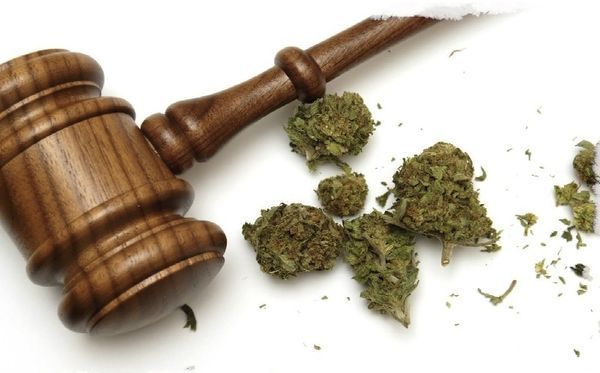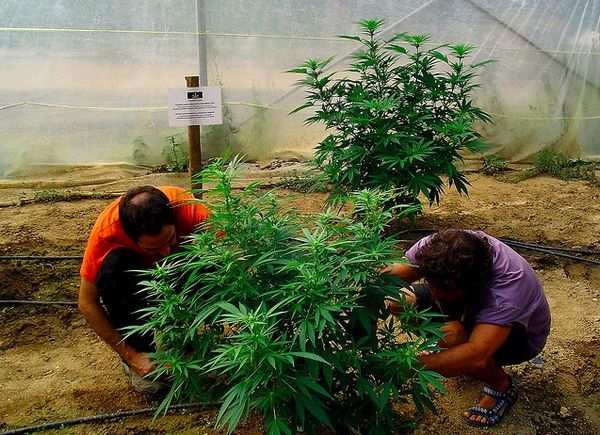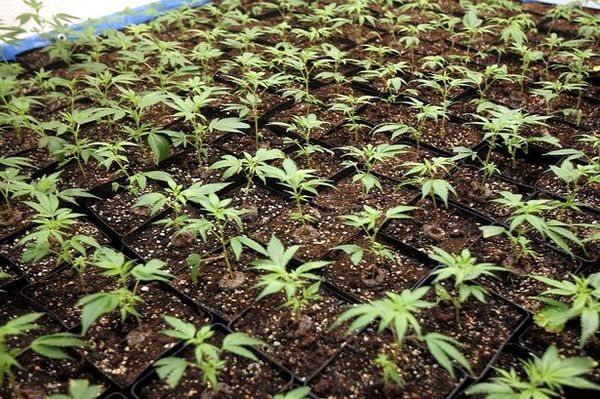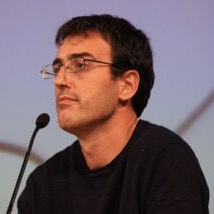- The magistrates of the Criminal Division of Spain’s Supreme Court, assembled in a jurisdictional session, ruled to accept the appeal filed by the Public Prosecutor’s Office against a sentence issued by the Provincial Court of Biscay that acquitted the organisers of the Ebers Hemp Users and Study Association (Bilbao), ruling that its “structure and operation” contravenes the philosophy found in its doctrine of shared consumption. This decision represents a great blow by Spain's maximum judicial authority to all cannabis activism, one that seeks to criminalise the hundreds of organisations of this type existing across our country.

The police operation against the Ebers Hemp Users and Study Association began in 2011. On the day of the raid, 14 November, the agents seized different quantities of marijuana at the entity's headquarters in Deusto. The High Court has found five people guilty, including those heading up this Basque association, of a crime against public health, although it cleared them of belonging to an illicit association or a criminal group, with which they could also have been charged.
The Supreme Court, thus, partially accepted the Public Prosecutor's appeal lodged against the ruling issued by Section Six of the Provincial Court, which one year ago acquitted Ebers' three directors and two partners of violating public health. The latter court found that they practiced “shared” cannabis consumption and cultivation in order to "avoid a black market rife with dangers" and “without any pursuit of profit.” The Chief Prosecutor of the Basque Country, Juan Calparsoro, then announced that he would file an appeal with the Supreme Court, asking it to examine in depth the reality of cannabis clubs and set down a criterion, as it has occurred.
But this decision has many more implications. With this decision the plenary session of judges announced that it is going to review its doctrine regarding personal cannabis consumption to “be more specific” regarding what constitutes personal consumption, despite a long-standing and open legal debate–now slammed shut –regarding the criminal nature of these associations, which has also made possible, in this specific case, a reduced sentence, according to the agreement issued by the plenary session of the high court's second chamber. The sentence, which will be formally drafted and published after the summer, will establish, based on the points debated, an updated version of the shared consumption doctrine.
According to the Platform for Responsible Regulation, which has decried the Supreme Court's electioneering and political partisanship in a communiqué, this decision marks an attack upon cannabis activism and demonstrates, once again, “the lack of objectivity and the perverse connection which, unfortunately, exists between the judicial and executive authorities, a clearly repressive stance linked to the position of the PP, which throughout its period in office has insisted on criminalising this social movement.”

Nevertheless, according to an official spokesman for the Supreme Court, this resolution, as the first of this type, will not establish jurisprudence. However, it will set a dangerous precedent. In fact, the high court must still rule regarding at least other four other appeals related to the acquittals of people in charge of cannabis clubs, among them several Catalonian ones, and Bilbao's Pannagh, whose leadership was found innocent in April by the same section of Biscay's Provincial Court. If two rulings were to be handed down by the Supreme Court along the same line, new jurisprudence could inform the rulings the courts issue henceforth. It shall be necessary, however, to wait until September to confirm the exact content of the sentence and to evaluate all that it entails.
Until now the jurisprudence considered that the activity of cannabis clubs was atypical from a penal point of view, because it respects the parameters established in the doctrine of the Supreme Court on shared consumption, with the understanding that consumption practiced in accordance with the statutes of an association did not constitute a crime, nor did cultivation, if falling within the parameters of that doctrine.
What is clear is that the Supreme Court “has, through this sentence, reasserted its conservative line, with an interpretation of the law that is totally out of touch with social reality, the legal debate, and the reality of hundreds of associations of users who have been involved in these activities and practicing self-regulation in a context of social normality,” states the Platform for Responsible Regulation.
This is a position completely backed by the Eusfac (Basque Cannabis Federation), an organisation whose president, Iker del Val, has complained that this clearly constitutes a totally politicized sentence. “The situation is certainly worrisome, not so much due to the Public Prosecutor's decision, but rather due to what it could mean for other associations involved in the same process. With this they aim to unify doctrine, and then the associations would face quite a difficult situation from a legal point of view.”
The Eusfac, along with the Platform for Responsible Regulation, also calls for a legislative change placing a priority on health, the rights of users, and public education for citizens so that political forces do not ignore reality, and so that they adapt their policies to meet people's needs through reform of the Penal Code and the Citizen Security Law, which should be deemed unconstitutional, as they violate people's fundamental rights.
“This is a manoeuvre totally coordinated and backed by the Government, the Public Prosecutor's Office, and the National Drug Plan... this is how the state apparatus works.” The recently-approved Gag Law, meanwhile, masks all of its ramifications: “it’s all connected and it is clear that this is a political and social assault on all the country's cannabis groups,” concludes Iker del Val.




Comments from our readers
There are no comments yet. Would you like to be the first?
Leave a comment!Did you like this post?
Your opinion about our seeds is very important to us and can help other users a lot (your email address won't be made public).